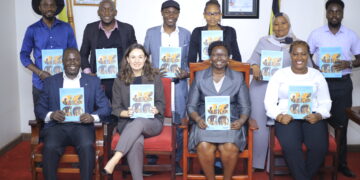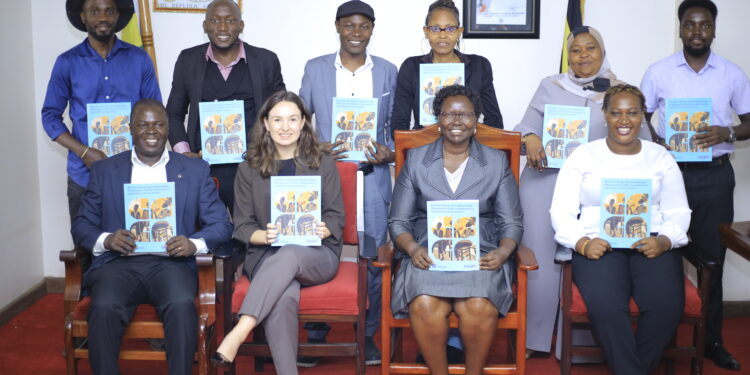Ms. Juliana Naumo Akuryo, the Commissioner for Culture at the Ministry of Gender, Labour, and Social Development, has received a Connect for Culture Africa (CfCA) report on the Baseline Study and Stakeholder Mapping for Public Investment in Uganda’s Cultural Sector.
CfCA is a regional initiative to transform Africa’s Arts, culture, and heritage through advocacy and lobbying for increased public investment, with a goal of allocating at least 1% of national budgets by 2030.
While receiving the report at the Gender Ministry offices in Kampala on Monday, November 11, 2024, Commissioner Akuryo cited an improvement in terms of financing.
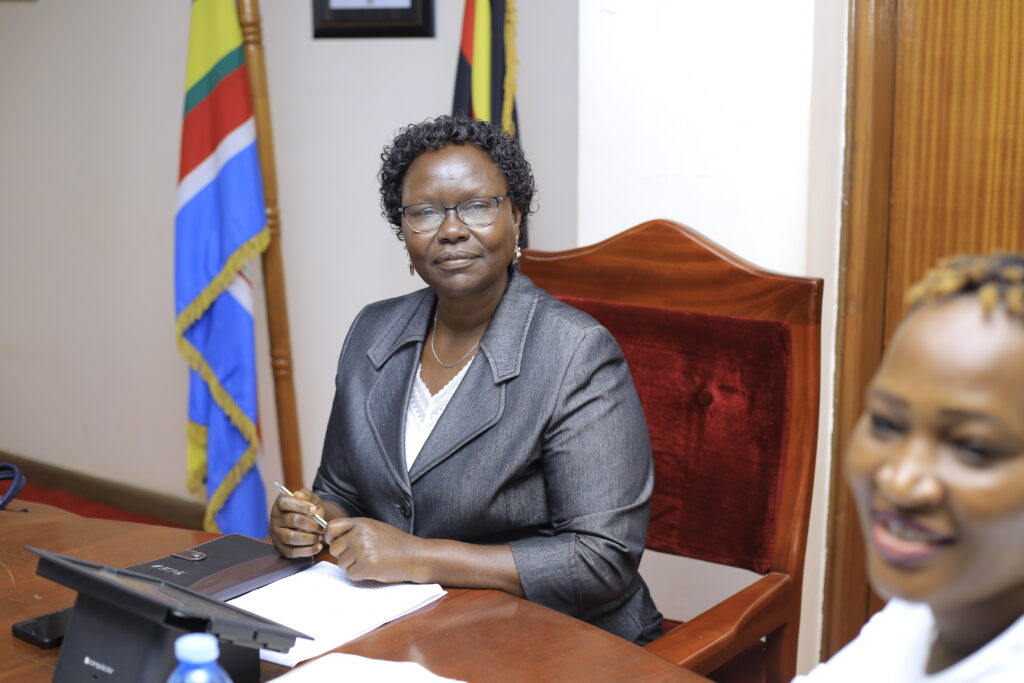
“This will help us complete the process of submitting our project to the Ministry of Finance and thereafter the financing will increase,” she said while appreciating the team that made the baseline report.
“We can’t do it alone and you can’t do it alone. We should not work in silos,” noted Commissioner Akuryo while encouraging Ministries, Departments, and Agencies (MDAs) Civil Society Organisations (CSOs), and the private sector to work together to deliver on certain interventions.
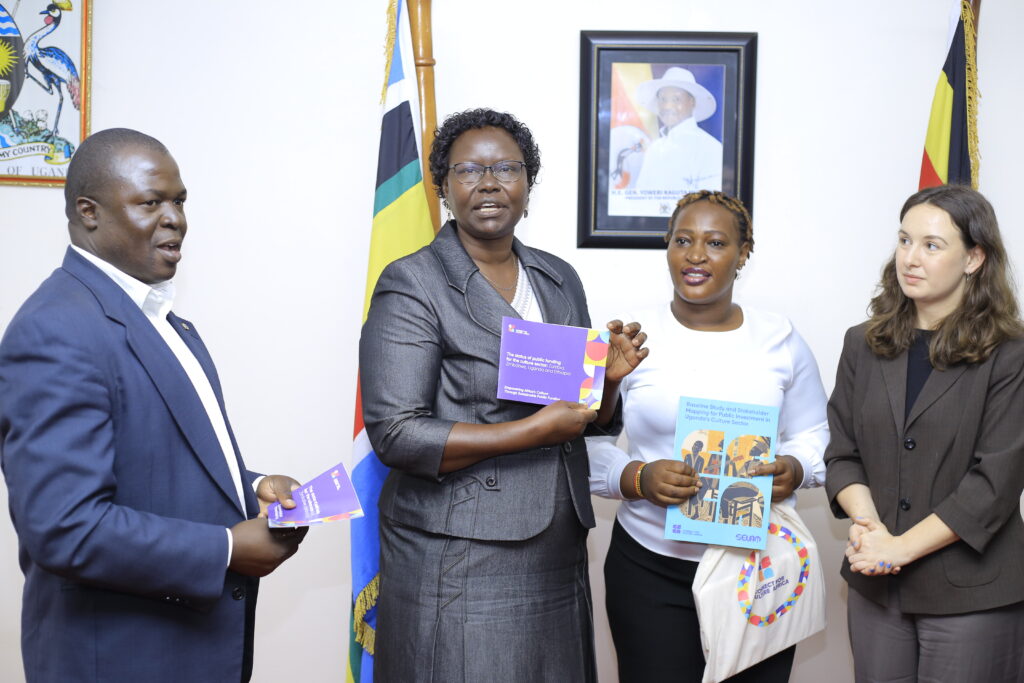
“With this, we shall be able to improve on the legal and policy frameworks. You cannot say that we are delivering on culture as MDAs alone, we should be able to say that we reached a certain number of people, put in a certain amount of money and this is the impact,” she added.
Alma Estrada, CFCA International Project Coordinator, said Selam, with a background in Sweden, collaborates globally with artists, producers, and partners to promote inclusive, democratic societies through the power of culture.
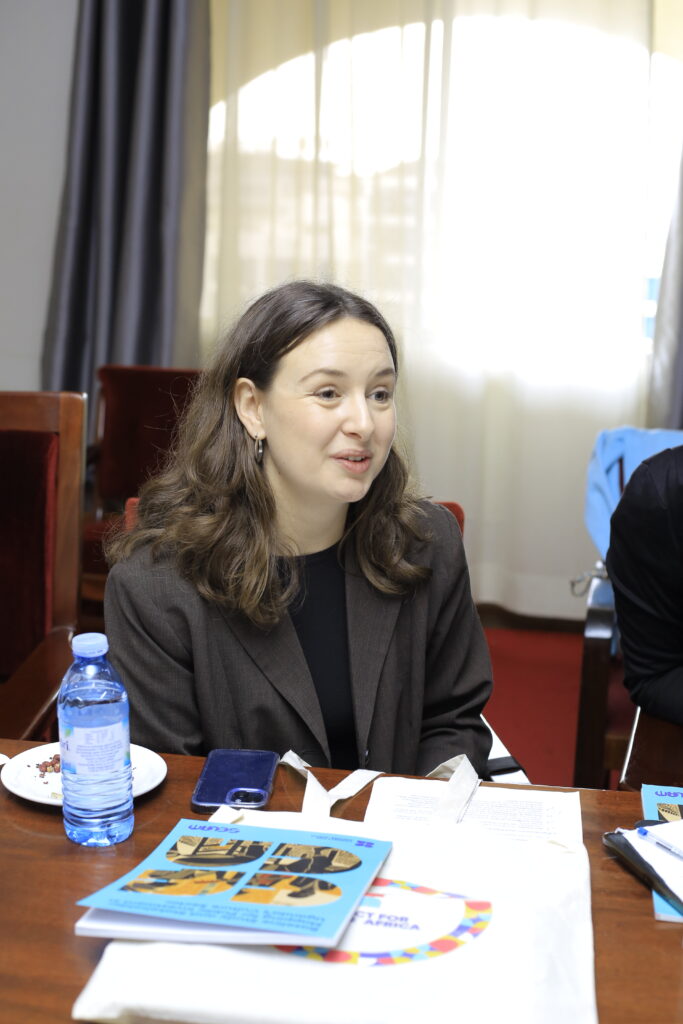
“Through strategic advocacy, CfCA is amplifying the call for public investment for a vibrant cultural future. We started 20 years ago here in the music, arts, and film industry. CFCA is a project we are very proud of,” stated Estrada.
According to her, this project is not a Selam agenda but an initiative stipulated in the African Union Plan of Action for the Cultural and Creative Industries (CCIs) to highlight the role of culture as a vital economic and social asset and advocate for increased government support across Africa.
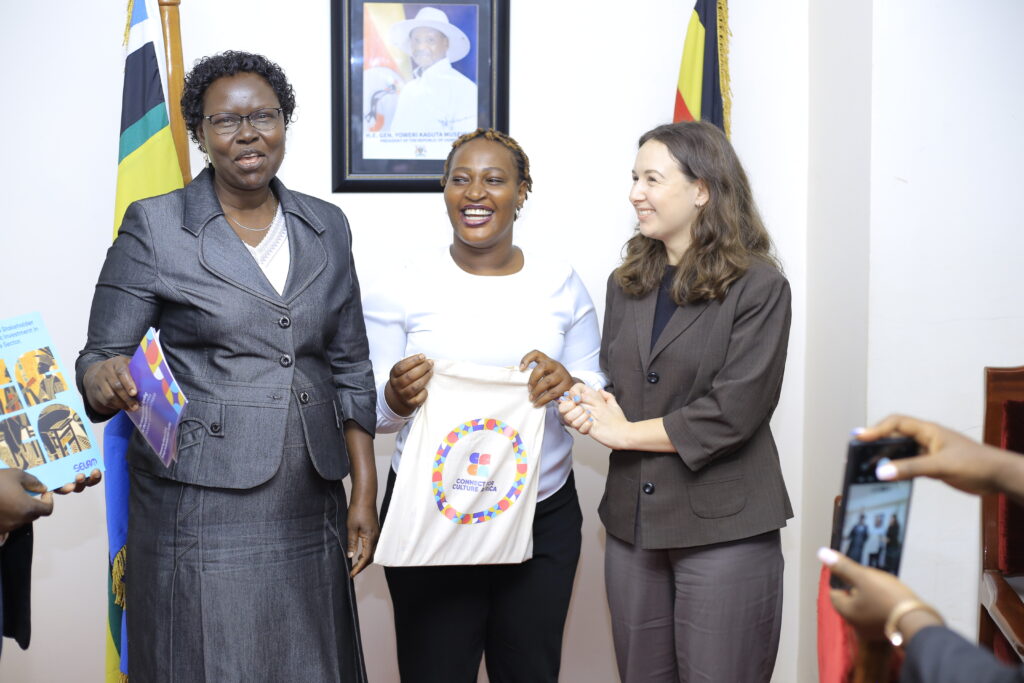
“We started last year by organizing roundtable discussions with stakeholders and the government to understand the challenges and opportunities. Uganda is one of our focus countries,” noted Estrada while emphasizing the need to preserve culture and create jobs.
According to Selam’s Executive Director, Teshome Wondimu, the international organization fostering cultural connections since 1997 will officially launch reports on public investment in the cultural sectors in Uganda, Zambia, Zimbabwe, and Ethiopia from November 11 to 15, 2024.

The Baseline Findings
Mzee Bwanika, a film producer, activist, and writer who represented Pearlwood (Uganda’s film industry), said the study aimed to assess the current landscape of public funding for Uganda’s culture sector and map critical stakeholders to enhance investment and advocacy for cultural development.
Conducted in March and April 2024, the study was guided by the UNESCO Framework for Culture Statistics (2009) and focused on various domains, including Performing Arts, Visual Arts, Cultural Heritage, Media, and Creative Services.
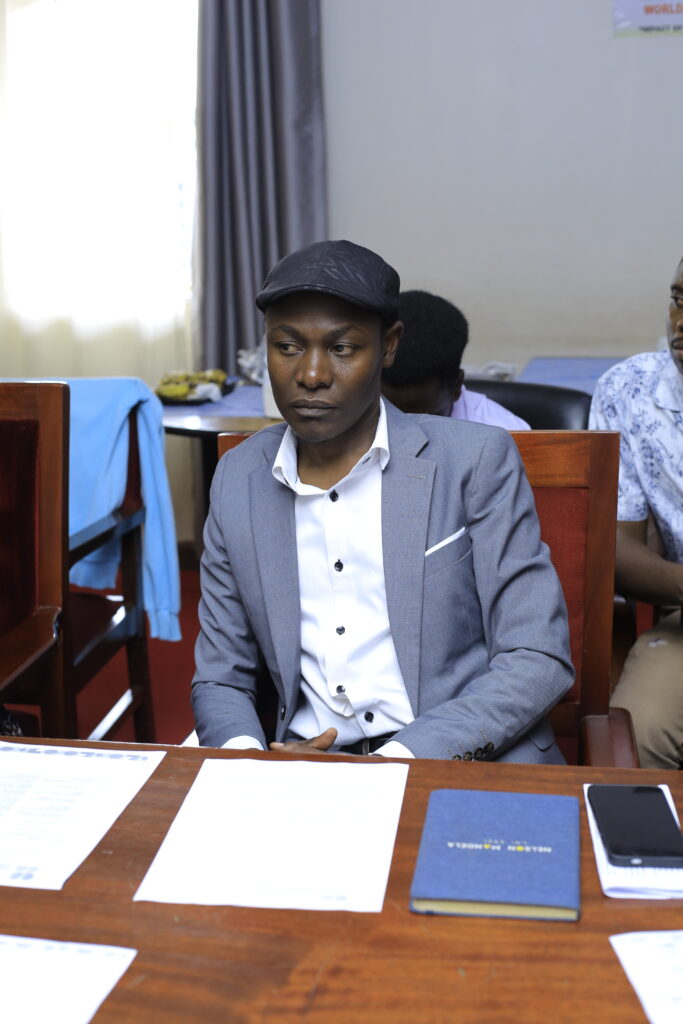
The findings highlighted the low budget allocation to culture—persistently below 0.05% of the national budget—reflecting a significant funding gap that hampers sector growth. For example, the sector received only 0.0012% in 2021/22 and 2022/23, slightly increasing to 0.018% in 2023/24, with a projected 0.016% in 2024/25.
The Department of Culture’s 2023/24 budget was approximately UGX 9.069 billion, or 0.016% of the Ministry’s budget, and overall government spending on culture, recreation, and religion has hovered at 0.1% over the last five years.
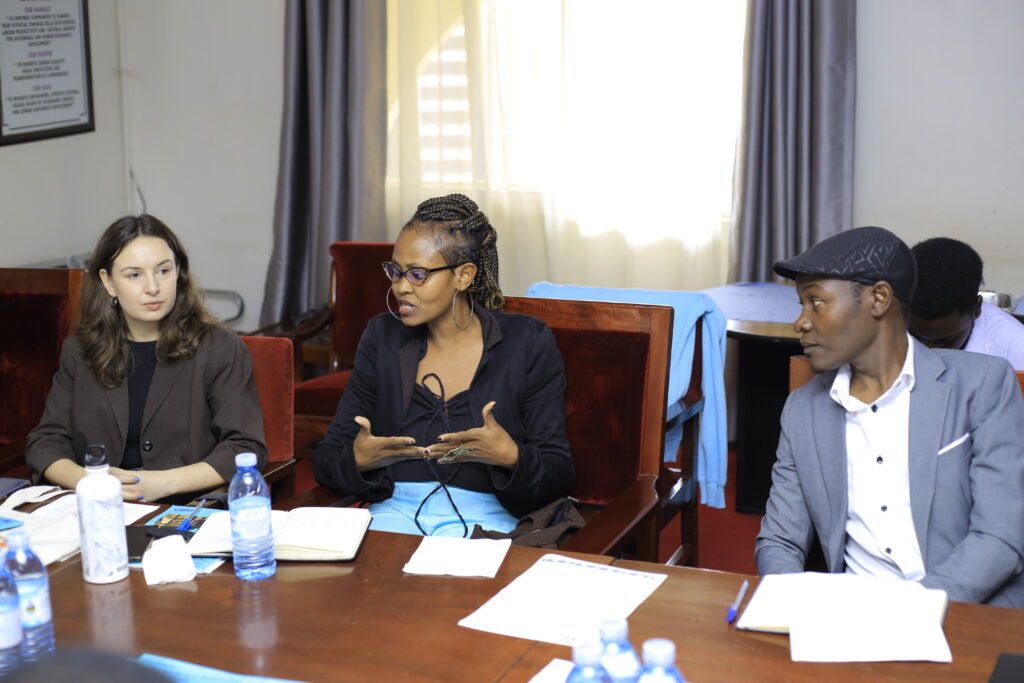
Similarly, local government expenditure on culture remains low, peaking at just 0.4% in 2019/2020, highlighting a lack of prioritization and funding that has constrained sector growth, infrastructure development, and capacity building.
In addition to identifying challenges like the lack of a dedicated budget line for culture within public investment frameworks, absence of comprehensive data on cultural sector investment, inadequate infrastructure, limited funding, unprotected markets, and lack of collaboration between government agencies.
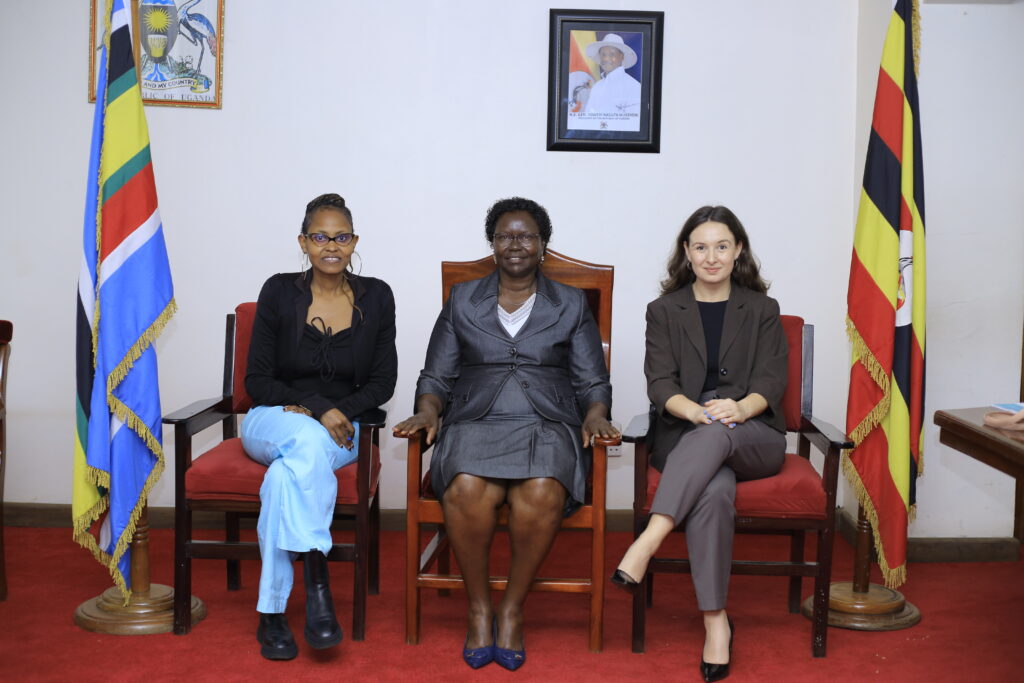
The study underscored opportunities for multi-agency engagement and recommended creating a sector Working Group to champion policy reform and investment growth.
The study recommends and emphasizes a minimum allocation of 1% of the national budget to stimulate growth in culture and creative industries as well as targeted capacity-building initiatives to enhance professionalism and skills within the sector, alongside robust intellectual property protections to safeguard cultural outputs.
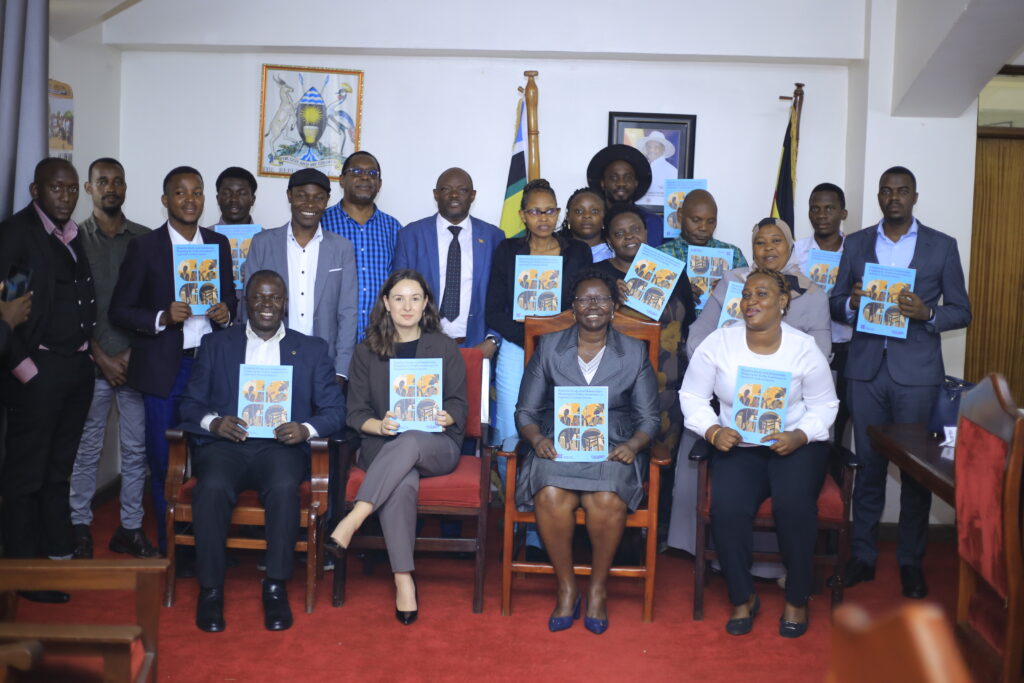
Present during the handover of the report were Beatrice Waruinge, CFCA Advocacy Program Officer, Deric Fredric Namakajo, a Creative Arts Lawyer who represented Umoja Empowerment Resources, and representatives from the private sector, CSOs, and government agencies.

